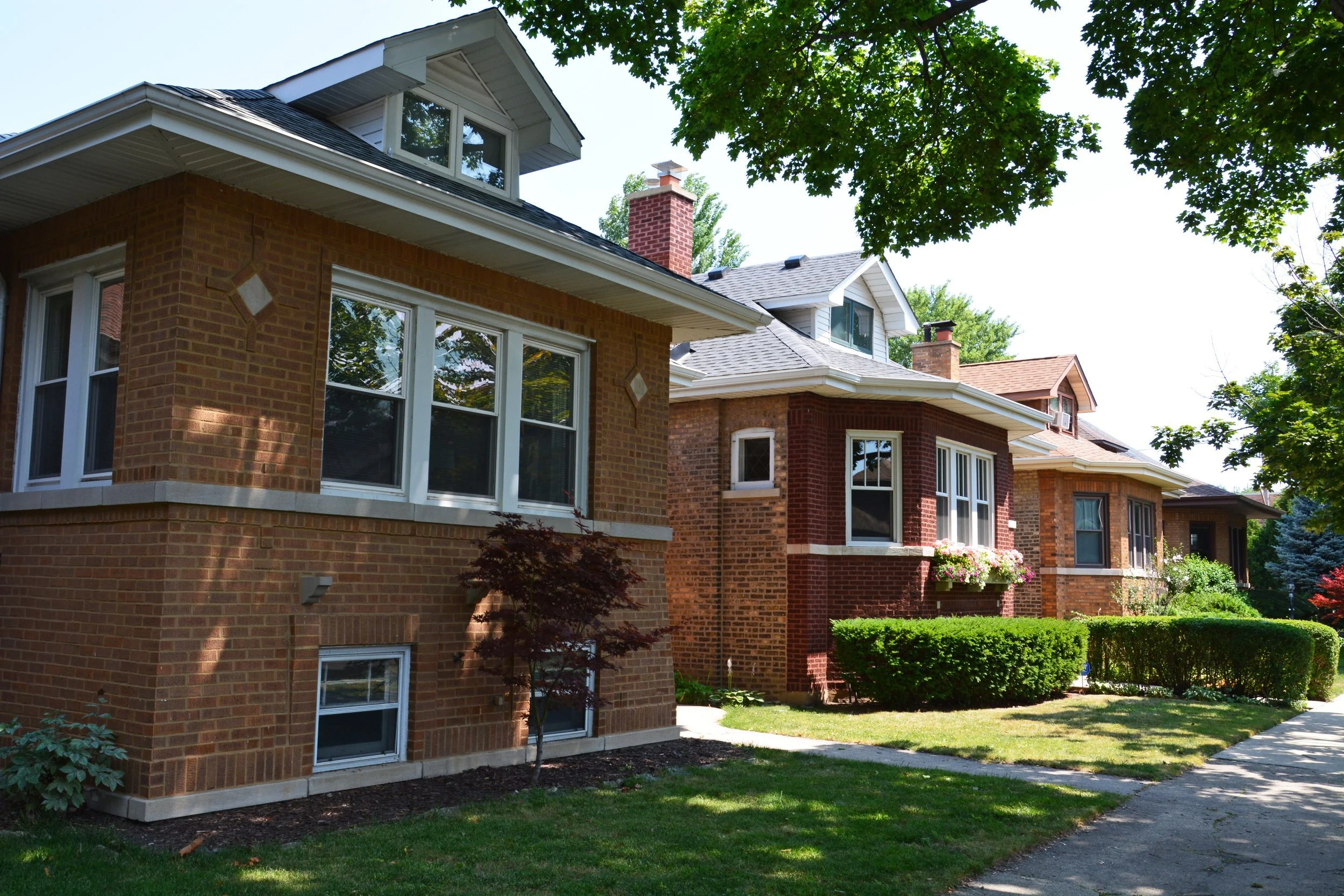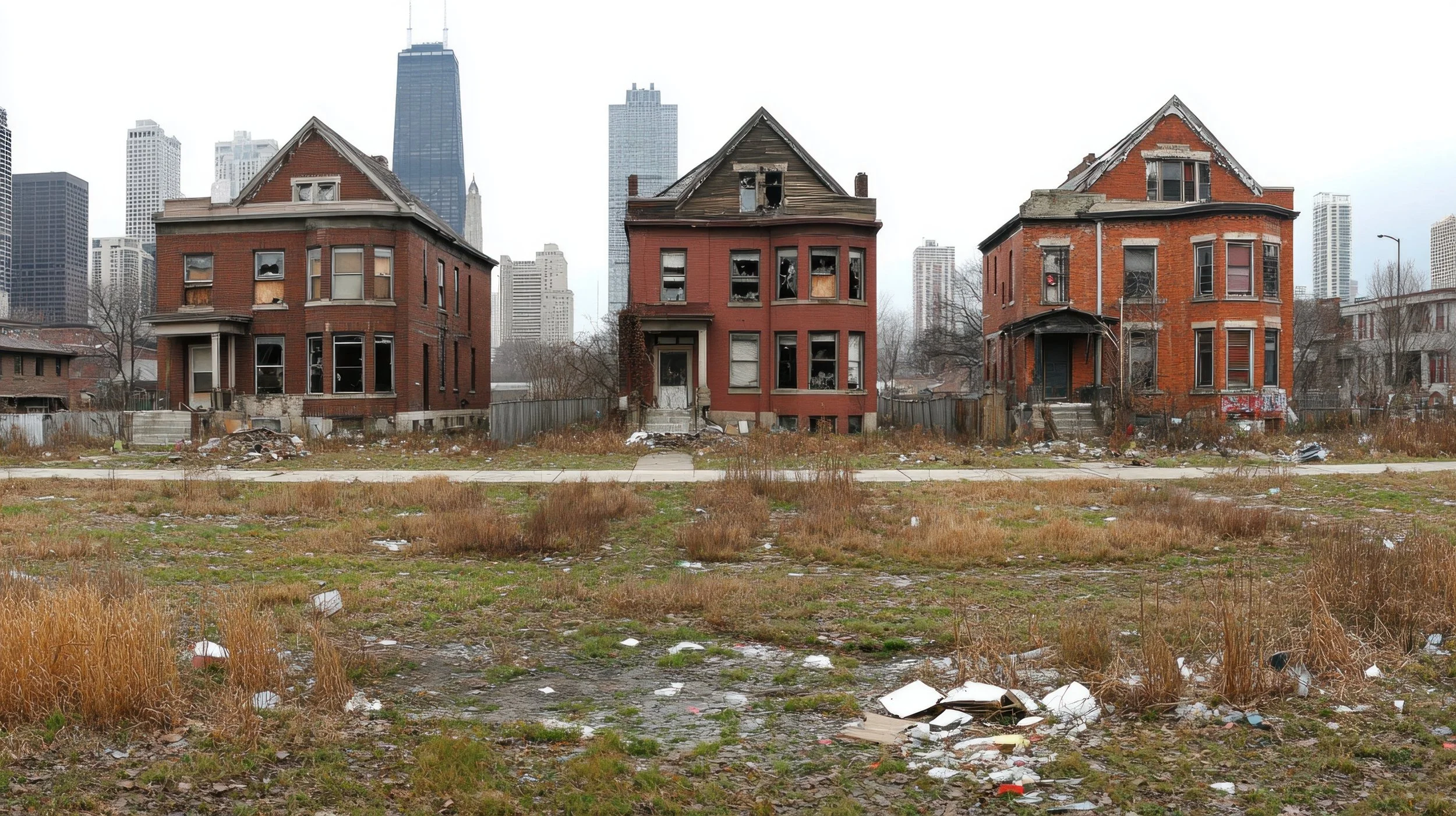How "We Buy Houses" Cash Offers Are Calculated (The Honest Truth)
Let's be transparent: cash home buyers typically offer 70-85% of your home's after-repair value (ARV). Is that fair? It depends on your situation.
In this guide, we'll show you:
- The exact formula cash buyers use to calculate offers
- Real Chicago examples with actual numbers
- When a cash offer saves you money vs traditional sale
- Red flags that indicate a lowball offer
- How to negotiate for maximum value
**Bottom line:** Cash offers work when speed and convenience outweigh getting top dollar. Here's how to know if it's right for you...
How do cash buyers calculate house offers?
Most cash buyers use the formula: ARV (After Repair Value) – Repair Costs – Profit = Offer Price. They estimate repairs, add a margin for holding/selling costs, and subtract it from the expected resale value. This approach helps ensure a fair offer while covering risks.
Let’s break it down:
ARV (After Repair Value):
This is what your home could sell for after it’s fully renovated. Cash buyers look at recent comparable sales (“comps”) in your Chicago neighborhood, usually homes in similar size, age, and style, sold in the last 3–6 months.Repair Costs:
Investors walk through the home (sometimes with contractors) to estimate how much it will cost to fix issues and make it market-ready.Profit & Holding Costs:
Investors also factor in their cost of capital, taxes, utilities, insurance, marketing, and the profit margin they need to justify the risk.
Quick Cash Offer Estimator
Example: 3BR House in Austin, Chicago
Current market value (needs work): $180,000
- After-repair value (ARV): $245,000
- Repair costs: $35,000
- Holding costs (6 months traditional sale): $8,500
- Agent commission (6%): $14,700
- Closing costs: $6,000
Traditional Sale Net:** $180,800
Cash Offer (75% ARV minus repairs):** $148,750
Your actual difference:** $32,050 for 6 months saved + zero hassle
Get Your Free Cash Offer Analysis
How does location affect cash home offers in Chicago?
Location plays a major role in how much cash buyers offer for a home in Chicago. Factors like neighborhood trends, school ratings, crime rates, and proximity to public transit all impact value. In areas with high demand and low inventory, offers tend to be stronger. In distressed zip codes, investors factor in risk, which can lower offers.
Your home’s neighborhood has a significant impact on the ARV.
Chicago is a city of micro-markets: a bungalow in Portage Park won’t sell for the same price as one in Logan Square, even if they look similar on paper.
Cash home buyers use tools like the MLS, public records, and paid real estate data to compare:
Proximity to the CTA or Metra
School ratings
Recent price trends (rising or falling)
Crime rates
Upcoming developments (new businesses, parks, etc.)
If you’re Googling, we buy houses in Chicago neighborhoods like Balmont Cragin, Roseland, or Humboldt Park, you’ll see offers differ because investors also consider market risk.
The Cost of Repairs — Not Just What’s Obvious
One major reason why “we buy houses Chicago” offers might feel lower is because investors budget for all repairs, even hidden ones.
They consider:
Roof age and leaks
Foundation cracks or settling
Old plumbing or knob-and-tube wiring
HVAC systems past their lifespan
Code violations or unpermitted work
Mold, lead paint, or asbestos
A seller might see “just needs paint,” but cash buyers think: new roof ($12,000), updated electric ($8,000), kitchen remodel ($20,000), etc.
This conservative estimate protects them from surprises because they’re buying “as-is homes” and taking on the full risk.
Holding Costs & Transaction Expenses
Investors rarely flip a house overnight. While they renovate and resell, they keep paying:
Property taxes (especially high in Cook County)
Utilities (water, gas, electricity)
Insurance
Lawn care or snow removal
Real estate agents earn commissions when they sell
Plus, Chicago’s property transfer tax and closing costs can add thousands.
These costs get baked into the offer; otherwise, the deal might not stay profitable.
Why do cash home buyers need a profit margin?
A typical investor looks for a profit margin of about 10–20% of the ARV.
That might sound high, but consider the risk:
The market could dip before resale
Repairs could cost more than expected
The home could sit unsold for months
Buyers may negotiate price cuts
If you’ve searched why do cash home buyers offer less?, this is the main reason: no investor can risk breaking even.
Special Situations: Inherited, Vacant, or Distressed Homes
If your home is vacant, inherited, or facing foreclosure, cash buyers often still follow the same formula, but they may offer slightly more if:
You’re willing to close quickly (reducing their holding costs)
The home is in an area they’re actively buying
Repairs are minimal, or it’s clean and free of clutter
Conversely, if the property has major liens, city violations, or environmental issues, the offer can drop significantly.
Why Not Just List with an Agent?
It’s worth asking: If my home could sell for more, why sell for cash?
Selling to a “we buy houses” company usually means:
No repairs, showings, or open houses
Faster closing (sometimes in 7–14 days)
No risk of buyer financing falling through
Certainly, even if the home has issues
When time, stress, or uncertainty matter more than top dollar, many Chicago homeowners choose the speed and convenience of a cash offer.
How can I get the best cash offer for my house in Chicago?
If you’re thinking, how do I get a better offer from cash home buyers in Chicago?, here are a few tips:
Provide recent repair info: Receipts for roof, HVAC, windows, etc., help buyers adjust estimates.
Declutter and clean: Even as-is buyers respond to homes that “show” better.
Be transparent: Share known issues upfront — it builds trust and avoids late price drops.
Get multiple offers: Legitimate investors expect this; it helps you understand market value.
Work with local buyers: Out-of-state companies may lowball more due to higher perceived risk.
Final Thoughts: Numbers You Can Understand
When you see a “We Buy Houses Chicago” ad, remember — the offer is based on real numbers, not guesswork. Cash buyers calculate offers using:
Your home’s after-repair value (ARV)
Estimated repair costs
Holding expenses and selling costs
A profit margin to cover risk
Even if the cash offer is lower than what you’d get from listing, it often comes with faster closing, fewer headaches, and no out-of-pocket repairs.
If you’re curious what a cash home buyer would offer — without obligation — reach out to a reputable local company.
By understanding how prices are set, you can confidently compare offers and choose the best path forward, whether it’s selling as-is or listing on the open market.
FAQs – Selling Your Property for Cash in Chicagoland, Illinois
Q: Why should I sell my house for cash in Chicago, Illinois?
A: Selling for cash eliminates delays tied to financing, inspections, and traditional estate agent processes. If you’re looking to sell fast and avoid repairs, working with trusted cash buyers in Chicago, Illinois is often the simplest and most reliable route.
Q: Are cash offers lower than what an estate agent might get me?
A: Not always. While cash offers may be lower than full market listings, they come with zero fees, fewer contingencies, and no waiting. Many sellers value the speed and certainty — especially when they need to move fast or sell an inherited or distressed property.
Q: How do I know if a cash buyer is legitimate?
A: Reputable estate buyers will make their process transparent. Look for buyers who close through licensed Illinois title companies, provide written contracts, and never pressure you into a sale. Do your research before agreeing to anything.
Q: Can I sell a property in Chicagoland as-is, even if it needs repairs?
A: Yes — many cash buyers in Chicagoland specialize in homes that need work. Whether your house is outdated, vacant, or inherited, you can still get a fair cash offer and sell without lifting a hammer.
Q: How fast can I sell my house for cash in Chicago, Illinois?
A: Some buyers can close in a week, but most cash sales happen within 2–3 weeks depending on title work and scheduling. It’s significantly faster than listing with a traditional estate agent, which can take months.




